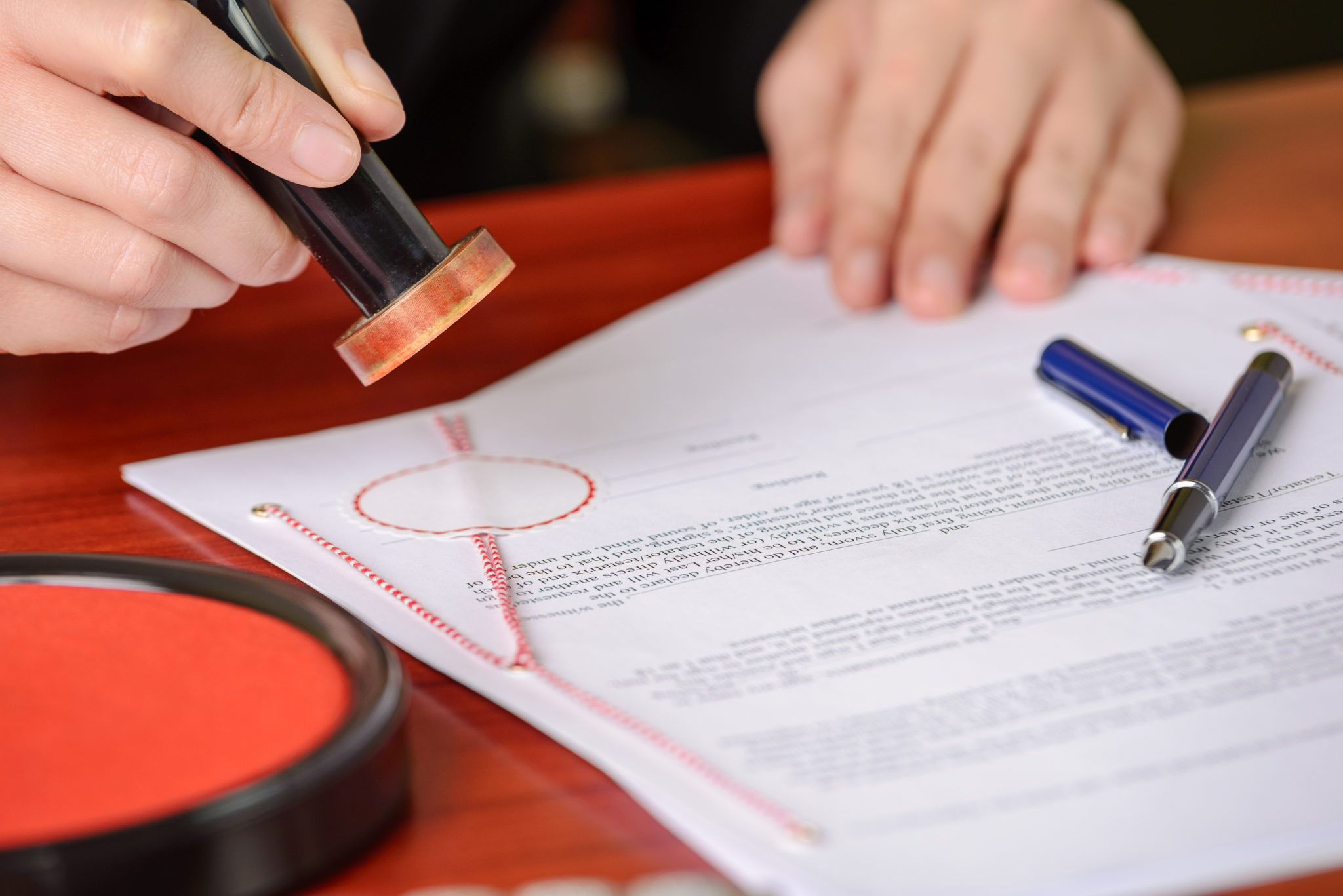Houston Texas Apostille Solution: Your Path to Worldwide Acknowledgment
Houston Texas Apostille Solution: Your Path to Worldwide Acknowledgment
Blog Article
Looking Into the Reasons Behind the Required Need of Apostille Certification for Legal Documents
In the world of lawful paperwork, the required demand of apostille certification has actually come to be a crucial aspect that substantially impacts the credibility and recognition of lawful documents on a global range. Recognizing the reasoning behind this requirement entails delving into the detailed web of lawful complexities, historic criteria, and global agreements that emphasize the value of apostille certification in today's interconnected world. By checking out the underlying factors behind this prevalent need, a more clear photo arises of why this relatively bureaucratic procedure holds such enormous significance for governments, companies, and people alike.
Historical Evolution of Apostille Certification
How did the principle of apostille certification develop in time to become an important part of global paper validation? The historical development of apostille certification dates back to the very early 20th century. The need for a simplified approach of verifying papers for usage throughout borders emerged as global profession and travel raised. In feedback to this demand, the Hague Conference on Private International Law introduced the Apostille Convention in 1961. This international treaty established a structured procedure for accrediting the credibility of records to be identified in participant countries.
Originally adopted by a couple of European nations, the Apostille Convention progressively obtained global approval as a result of its efficiency and efficiency in verifying the authenticity of main papers. For many years, the convention's reach increased as more nations signed up with, acknowledging the apostille as a generally accepted type of record verification. Today, apostille accreditation has actually come to be a typical need for confirming legal papers in worldwide deals, making sure smooth interaction and legal procedures between countries.
Simplifying International Paper Legalisation
The streamlining of global file legalization treatments has dramatically improved efficiency in cross-border purchases. Streamlining the process of legalizing papers for worldwide use has come to be critical in facilitating swift and seamless purchases between nations. Among the essential systems that have actually contributed to this simplification is the fostering of the Apostille Convention, which supplies a standard approach for confirming the credibility of documents throughout taking part countries.
By adhering to the Apostille requirements, nations agree to recognize each various other's public documents as legitimate without the requirement for more legalisation. This eliminates the usually cumbersome and extensive procedure of multiple authentications by various authorities, saving time and sources for individuals and companies involved in global activities.

Guaranteeing Paper Authenticity and Legitimacy
To guarantee the credibility and legitimacy of legal papers in global deals, strict confirmation processes are important. By requiring apostille qualification for lawful documents, authorities aim to verify the origin of records and verify the trademarks of people included.
Additionally, confirming the authenticity of lawful files through apostille qualification enhances count on and self-confidence among celebrations involving in international deals. Ultimately, by maintaining rigorous verification requirements, apostille qualification contributes to a more safe and transparent worldwide legal structure.

Promoting Cross-Border Legal Acknowledgment
In the world of worldwide transactions, the apostille qualification this link not only makes certain the credibility and credibility of lawful files however also plays a crucial role in helping with cross-border legal acknowledgment (Houston Apostille). When lawful documents bear an apostille certification, they are easily approved by foreign authorities without the requirement for more confirmation. This streamlined process accelerates the recognition of documents in various countries, promoting efficiency and lowering bureaucratic hurdles in lawful matters that go beyond national borders
Promoting cross-border legal acknowledgment with apostille qualification cultivates trust fund and self-confidence in the authenticity of documents exchanged in between countries. This acknowledgment is specifically vital in scenarios such as worldwide service deals, fostering processes, or lawful proceedings entailing parties from different jurisdictions. By adhering to the requirements set forth by the Apostille Convention, countries agree to honor the view website apostille seals attached to records from other participant countries, thus streamlining the process of lawful recognition throughout borders. Ultimately, the apostille accreditation works as a basic tool in advertising seamless global legal cooperation and making certain the smooth operation of cross-border deals.
Compliance With International Treaty Requirements
Conformity with global treaty requirements is necessary for ensuring the uniform application of lawful guidelines across participating countries. The Apostille Convention, developed in 1961, outlines the needs for the approval of public files amongst participant nations.
The Apostille qualification, as mandated by the treaty, acts as a warranty of credibility for papers such as birth certifications, marital relationship licenses, court judgments, and notarized actions. This standard strategy aids stop fraud and ensures that legal papers originating from one member country are easily accepted in an additional. Moreover, by following international treaty standards, countries show their dedication to maintaining the principles of transparency, trust fund, and teamwork in legal issues on a global range.
Conclusion

In the world of legal documents, find the necessary need of apostille qualification has actually ended up being a vital element that dramatically affects the validity and acknowledgment of legal papers on a global scale. Today, apostille qualification has actually become a conventional demand for verifying legal papers in worldwide purchases, making sure smooth communication and legal proceedings between nations.
Moreover, verifying the credibility of legal records with apostille qualification improves trust fund and self-confidence among celebrations involving in international transactions.In the world of worldwide deals, the apostille certification not only ensures the authenticity and credibility of lawful files but likewise plays an essential role in assisting in cross-border lawful recognition. By sticking to the requirements set forth by the Apostille Convention, nations agree to honor the apostille seals fastened to records from other participant countries, therefore simplifying the procedure of lawful recognition across borders.
Report this page